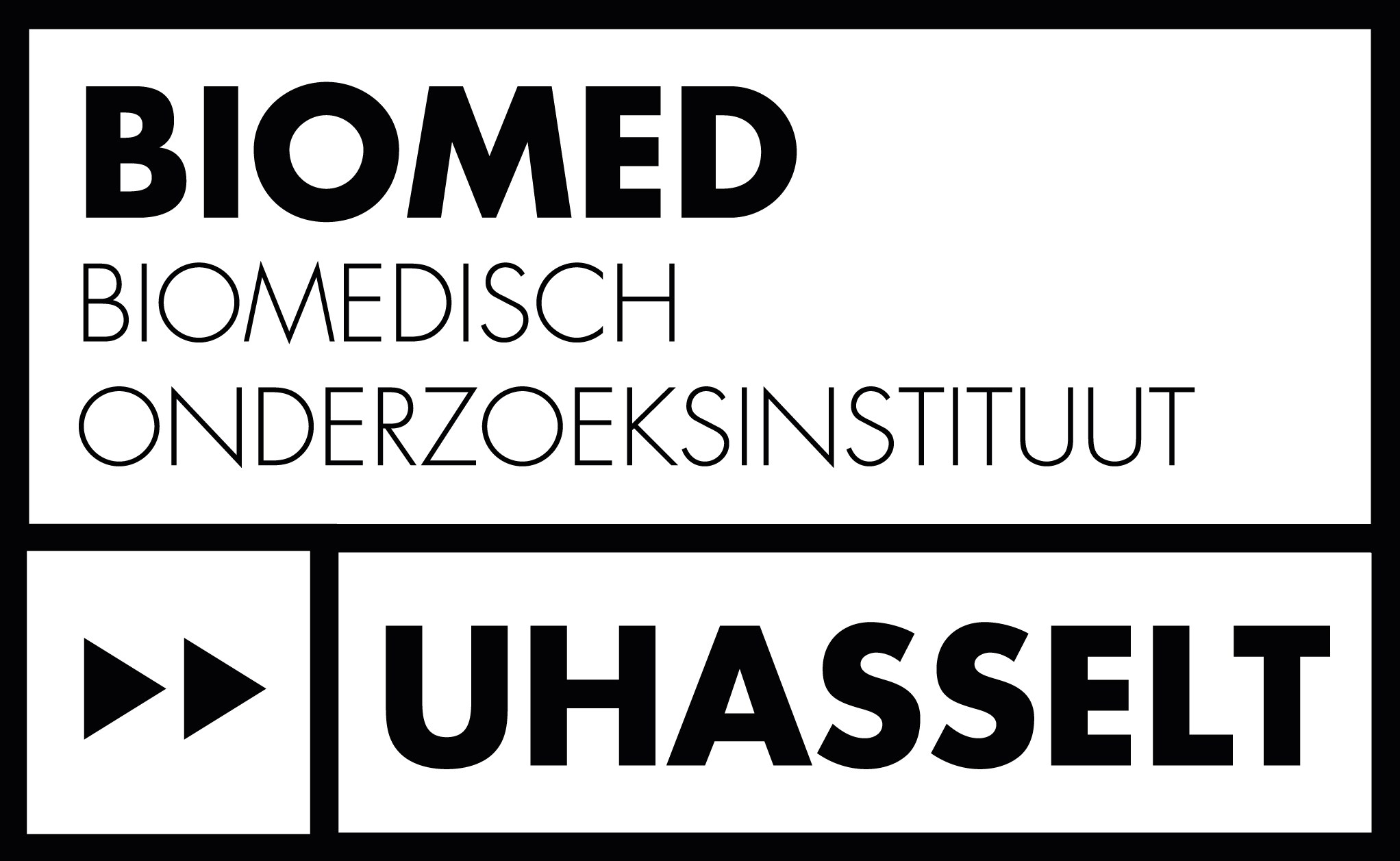Enhancing Prognostication in Multiple Sclerosis: Developing a Tool to Inform Expected Prognosis and Treatment Strategy using Mixed Methods



Enhancing Prognostication in Multiple Sclerosis: Developing a Tool to Inform Expected Prognosis and Treatment Strategy using Mixed Methods
(Sofie Aerts - ongoing since November 2022):
To date, the management of MS is complicated by the increasing availability of disease-modifying therapies, different treatment algorithms, and a small window of opportunity for effective treatment, especially in patients with an aggressive or highly active disease course. Prognosis prediction is essential for guiding personalized treatment decisions at baseline. Still, there is a lack of consensus on the definition of good vs. poor prognosis and the weight and relevance of prognostic factors for individual patient-level decision-making. Also, the current guidelines are bound to guide individual decision-making and focus on visible disease activity, although MS can progress 'silently.'
The inability to accurately predict the prognosis at the time of MS diagnosis has significant implications, including, but not limited to, the delay of the appropriate treatment, unnecessary exposures to side effects, and higher costs. Additionally, there are important discrepancies in MS management between MS specialists and general neurologists, and standardization is needed.
We can conclude that for newly diagnosed individuals with MS, reliable prognostic tools to guide individualized therapeutic decision-making and standardized neurological consultations are urgently needed. Because, to date, purely data-driven approaches fail to reach the performance needed to be used in clinical practice, we aim to develop a tool based on implementing mixed methods, which combines data-driven insights with relevant expertise, to estimate MS patient prognosis accurately. Ideally, this tool will be applicable at the baseline, incorporating all relevant information available at that time for each individual, and link it to the most appropriate treatment strategy.
To achieve our goal of developing a novel MS prognosis tool, we will focus on the following objectives:
- Objective 1: Define MS prognosis as an outcome measure for the prognosis tool by conducting semi-structured interviews with MS experts, patient surveys, and a (modified) Delphi consensus process
- Objective 2: Identify key prognostic factors to be included in the tool, that are feasible in clinical practice, based on focus groups and regression analysis
- Objective 3: Develop a scoring algorithm using discrete choice experiments and ranking and weighing exercises with MS experts
- Objective 4: Determine cut-off values to distinguish between different prognosis levels based on the tool’s implementation in clinical practice
- Objective 5: Assess the usability and added value of the tool in clinical practice
Sofie is involved in following subprojects:
- The Safety and Effectiveness of Mavenclad® (Cladribine) tablets in people with Multiple Sclerosis: A retrospective, real-word evidence study at University MS Centre in Pelt, Belgium
- Enhancing Prognostication in Multiple Sclerosis: Developing a Tool to Inform Expected Prognosis and Treatment Strategy using Mixed Methods
- MS DataConnect (and medEmotion)
